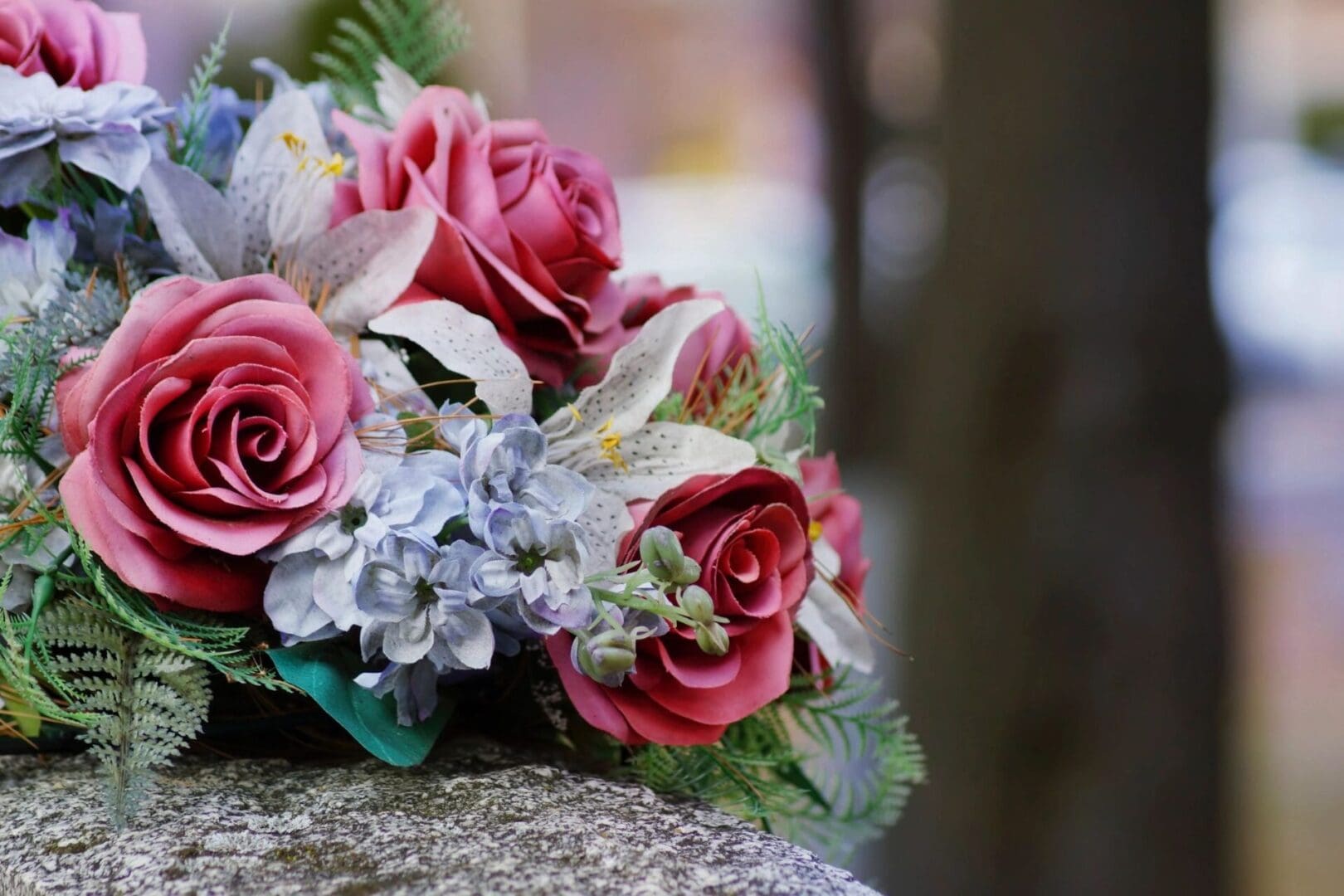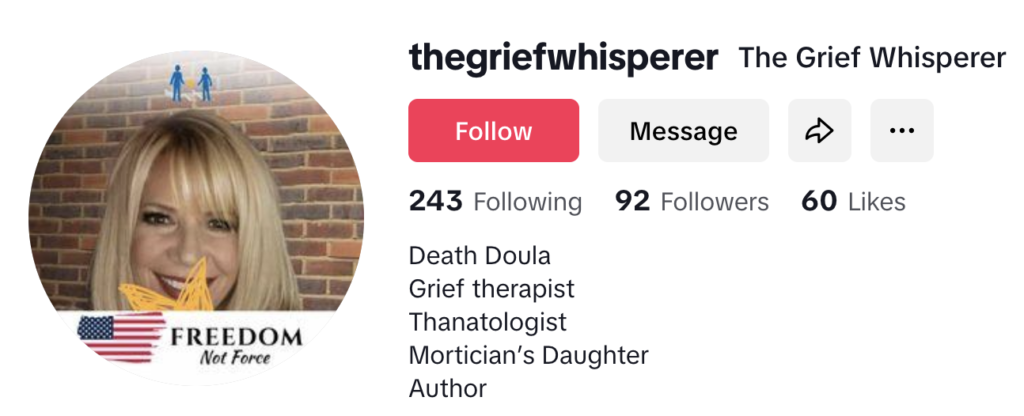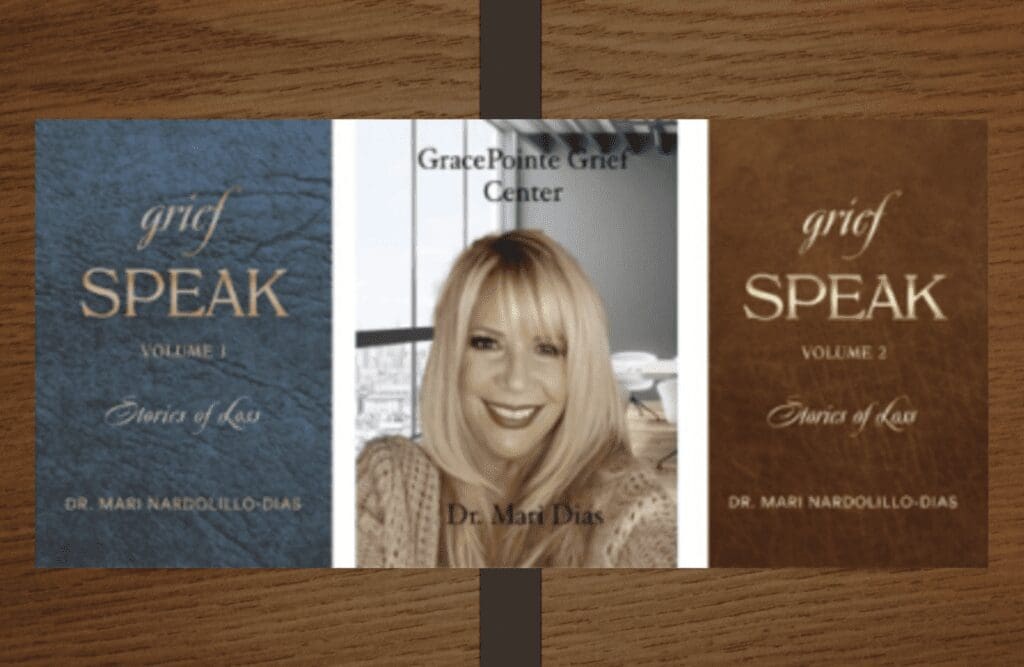Search Posts
Recent Posts
- Rhode Island Weather for June 15, 2025 – Jack Donnelly June 15, 2025
- To honor Pawtucket Mayor Henry Kinch: A tribute to leadership and legacy June 15, 2025
- Ask Chef Walter: Summer Feast for the Palate – Chef Walter Potenza June 15, 2025
- A Greener View: Floppy Perennials, Holey Vegetables and Wet Soil Gardening – Jeff Rugg June 15, 2025
- Gimme’ Shelter: Old Bay at the Providence Animal Control Center June 15, 2025
Categories
Subscribe!
Thanks for subscribing! Please check your email for further instructions.

GriefSPEAK: Auld Lang Syne – Mari Nardolillo Dias
By: Mari Nardolillo Dias, EdD, contributing writer on grief and grieving
Publisher’s Note: This article was first printed on the dawn of 2020 – and we are now 1/2 way through the decade – how are we doing, especially those with loss?
Hindsight is 20/20. And so is this new year. It is not merely a new year but a new decade, and if social media is any indication people have varying views on this calendar transition. The posts often begin with hindsight, looking back at the graduations, weddings, births, travels and deaths, and morph into a hopefulness for the future.
“Boy, oh boy, 2019 kicked me and knocked me down. Hope 2020 treats me better!†(anonymous Facebook user).
“It has been an awesome year! Actually, an awesome decade! Hope 2020 is equally as awesome!â€(anonymous Facebook user).
The memes and giphys reflect empowering, proactive suggestions: “This is a new chapter. Write a good one.†When we open a Facebook post or an Instagram picture, we are likely to see fireworks, people celebrating with paper hats and oversized 2020 eyeglasses, kissing the moment the ball drops. Videos show crowds of people singing Auld Lang Syne. (A song whose history indicates that it’s usually sung on new year’s and funerals.
For many, it’s a birth of sorts. A new beginning. But not for all. Not for the grievers. It may signify the end of something, even if has been 10 years. Be sensitive. Be kind.
According to the Association of Death Education and Counseling, “People don’t often think of New Year’s as a grief holiday; however, for many, it is the first of a new year in which their loved one does not physically exist…the first true year they [do] not share in together. It is a genuine challenge. Resolve to be gentle with one another.â€
VITAS Healthcare concurs. “When we are grieving it is hard enough to live each day as it comes. It can be a daunting task to face a whole new year stretching out in front of us.†VITAS goes on to express the potential feelings of the grieving, as they may feel afraid, lost and no longer busy with caretaking. They proffer the idea that a new year may mean different things to different grievers. Some may welcome, some may dread, and some may ignore the new year, depending on where they are in the grief process. “The question is not whether, but how we’ll work with it.â€
VITAS Healthcare concludes their article with tips to face the new year.
- Get needed rest. Grieving is exhausting.
- Give yourself a mental rest. Soothe yourself with music, prayer, tears, and laughter.
- Pay attention to hopes and desires.
- Attend a support group and share memories.
- Seek spiritual support
- Find courage to live into the future by living in the present, one day at a time. ( https://www.vitas.com/family-and-caregiver-support/grief-and-bereavement/holidays-and-grief/facing-the-new-year-when-you-are-bereaved/ )
For those of you who make resolutions, resolve to be kind to those, including yourselves, who are grieving the loss of someone or something very special.
“Should old acquaintance be forgot
And never brought to mind?
Should old acquaintances be forgot
And auld lang syne ( for old times’ sake)â€
(Robert Burns, 1759-1796)
No. They should always be remembered and celebrated. I leave you, not with the traditional “Happy†New Year but rather wishing you a Grateful, Graceful, Hopeful and Peaceful one.
___
Follow Mari on TikTok! The Grief Whisperer. She has started to read on topics like this, and others:

Access all of Dr. Dias’ columns at: GRIEFSPEAK

Dr. Mari Nardolillo Dias is a nationally board-certified counselor, holds a Fellow in Thanatology and is certified in both grief counseling and complicated grief. Dias is a Certified death doula, and has a Certificate in Psychological Autopsy.
Dias is an Adjunct Professor at CCRI, and Professor of Clinical Mental Health, Master of Science program, at Johnson & Wales University. Dias is the director of GracePointe Grief Center, in North Kingstown, RI. For more information, go to: http://gracepointegrief.com/
